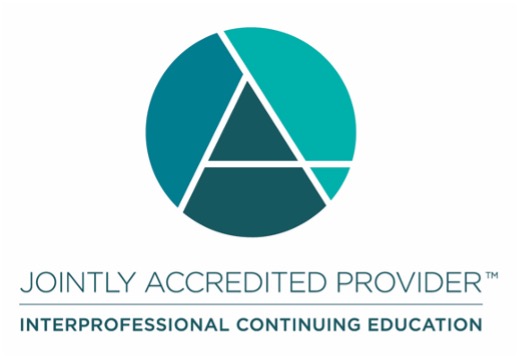Intermittent Fasting: Evidence-Based Approaches to Optimized Health and Disease Resistance, Second Edition
Though fasting has been practiced for religious or medical reasons for millennia, regular periods of involuntary food scarcity are deeply rooted in human evolution. Remarkably, humans respond to the periodic shortage of food via mechanisms that increase cellular protection and resistance to injury and disease.1,2
A growing body of fascinating and robust evidence from animal studies, along with several human intervention trials, supports the practice of intermittent fasting (IF) during adult life as a simple, effective strategy to improve health, reduce the risk of many chronic diseases, and increase longevity.2-5 Intermittent fasting is associated with weight loss and reduced body fat, as well as improvements in many indicators of cardiometabolic health, including greater insulin sensitivity, lower heart rate and blood pressure, and reduced inflammation.1,2 RDNs and NDTRs need to take a leading role in providing proper guidance and advice to clients that wish to try IF. They must stay up to date on the latest intriguing developments in IF research.
This continuing education activity is designed to help you earn 17.0 continuing education credits for dietetics (CDR CPEU).
Learning Objectives
After completing this activity, nutrition professionals will better be able to:
- Compare and contrast all the distinct variations of intermittent fasting (IF).
- Assess which clients inquiring about IF may benefit from fasting and suggest a suitable IF version should they decide to proceed.
- Formulate fasting schedules for clients to accommodate individual preferences and needs.
- Evaluate risk factors for potential contraindications of IF and recommend medical supervision when appropriate.
- Discuss the underlying mechanisms and rationale for the multiple health-enhancing and disease-preventive effects of IF, and why the simple practice of eating less often is an invaluable addition to lifestyle intervention strategies.
Additional Information
Robert Iafelice, MS, RD, LDN is a freelance medical writer and member of the American Medical Writers Association. He has contributed several chapters to the 6th edition of Disease Prevention and Treatment, a medical reference book of evidence-based protocols to combat the diseases of aging.
Robert received a Bachelor of Arts degree in Chemistry from Miami University in Oxford, Ohio, and a Master of Science degree in Nutrition Science from Case Western Reserve University in Cleveland, Ohio. Most of his experience as a practicing registered dietitian was in the field of integrative/functional medicine with a focus on food allergy. Robert provided medical nutrition therapy at an integrative allergy-immunology clinic in Chicago, where he specialized in conducting double-blind, placebo-controlled food challenges—the gold standard for food allergy diagnosis.
Robert’s diverse background also includes extensive experience in fitness/wellness as a gym owner, university nutrition instructor, health educator in the nutraceuticals industry, and oncology. His favorite writing interests include intermittent fasting, nutritional ketosis, and high-intensity interval training.
Robert Iafelice, MS, RD, LDN, faculty for this activity, has no relevant financial relationship(s) with ineligible companies to disclose.
The planners for this educational activity have no relevant financial relationship(s) with ineligible companies to disclose.
An “ineligible company” includes any entity whose primary business is producing, marketing, selling, re-selling, or distributing healthcare products used by or on patients.

In support of improving patient care, Great Valley Publishing Company (publisher of Wolf Rinke Associates) is jointly accredited by the Accreditation Council for Continuing Medical Education (ACCME), the Accreditation Council for Pharmacy Education (ACPE), and the American Nurses Credentialing Center (ANCC), to provide continuing education for the healthcare team.
This activity will also award credit for dietetics (CDR CPEU).
RDs and DTRs are to select activity type 102 in their Activity Log. Sphere and Competency selection is at the learner’s discretion.
Available Credit
- 17.00 CDR

 Facebook
Facebook X
X LinkedIn
LinkedIn Forward
Forward